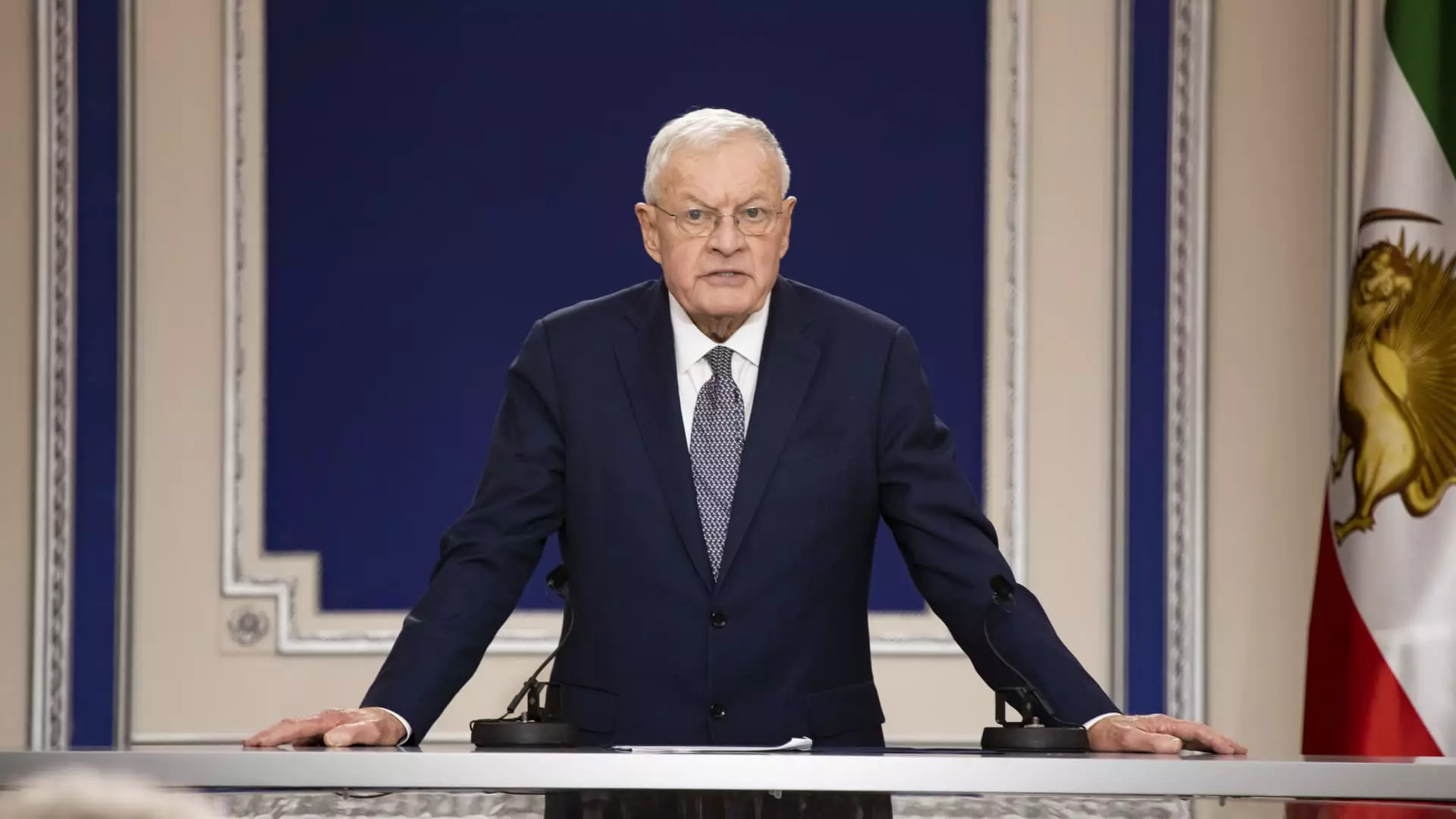The ongoing conflict between Ukraine and Russia has drawn significant international attention, with peace negotiations now appearing on the horizon. U.S. Special Presidential Envoy Keith Kellogg, speaking at the Munich Security Conference, hinted at the possibility of a peace plan emerging in the near future—specifically, within days or weeks. This assertive timeline underscores the urgency surrounding the situation, as Kellogg emphasized the necessity of momentum in resolving the crisis. The phrase “I’m on Trump time” reflects not only the expectations of swift action expected by U.S. leadership but also highlights the political nature of international diplomacy, where decisions can have swift repercussions in the geopolitical landscape.
What Kellogg termed a “dual-track” approach signifies an organized and somewhat coordinated strategy toward peace negotiations. By engaging with both Russian and Ukrainian representatives separately, the U.S. aims to create a framework that includes necessary stakeholders while minimizing conflicts of interest that might arise in a larger group discussion. Kellogg’s insistence on involving both Ukraine and its European allies in the discussions further emphasizes the complexity of these negotiations. He rightly pointed out that excluding essential parties risks undermining the legitimacy and sustainability of any future peace accord. This intricate balancing act is paramount for constructing lasting resolutions to the tensions, as both Ukrainian and European perspectives must be duly integrated into the negotiations.
The issue of inclusion brings to the forefront the potential ramifications of U.S.-centric negotiations. Historically, the relationship between Europe and the U.S. has been entwined with mutual interests, especially regarding security; thus, it is politically and strategically essential for European nations to have a voice in the peace process. Kellogg acknowledged that while Europe might not be physically present at the negotiating table, their interests are pivotal in crafting a satisfactory resolution to the conflict. This acknowledgment reveals a broader understanding that a peace deal achieved without European input could lead to future volatility, relaying the importance of collaborative diplomacy rather than unilateral action.
When confronted with questions about security guarantees for Ukraine, Kellogg’s reticence was telling of the complexities involved. While the aspiration for a robust security framework is undeniably critical, articulating specific requirements at this stage proves to be fraught with challenges. The interdependencies inherent in such guarantees necessitate a thoughtful approach, extending beyond mere military assurances to encompass economic and political stability in the region. Kellogg’s admission that he was at the conference to gather insights from various stakeholders is indicative of the methodical approach needed to devise security measures that address the multi-dimensional aspects of peace and stability.
Concerns raised about Europe’s role are not unfounded. The intertwinement of regional security with the transatlantic partnership highlights a critical dynamic that must be attended to in any negotiation discourse. Croatian Prime Minister Andrej Plenković echoed sentiments reflecting the apprehension among EU member states; a peace agreement that fails to uphold the territorial integrity of Ukraine could set a precarious precedent. It is paramount for negotiations to yield not just any agreement, but one that respects sovereignty and has the potential to stabilize the region in a long-term context.
As deliberations commence, potential peace in Ukraine rests on a delicate balancing act. With Kellogg’s remarks signaling a collective urgency, alongside the insistence on inclusive dialogue, it is evident that the path to peace will involve multiple layers of negotiation. International diplomacy in this context requires a nuanced understanding of national interests, the ramifications of exclusion, and the foundational importance of trust among allies. The coming days and weeks will prove crucial, not just for Ukraine and Russia, but also for the global community, as the outcome may reshape the principles that govern international relations in the future.


Leave a Reply